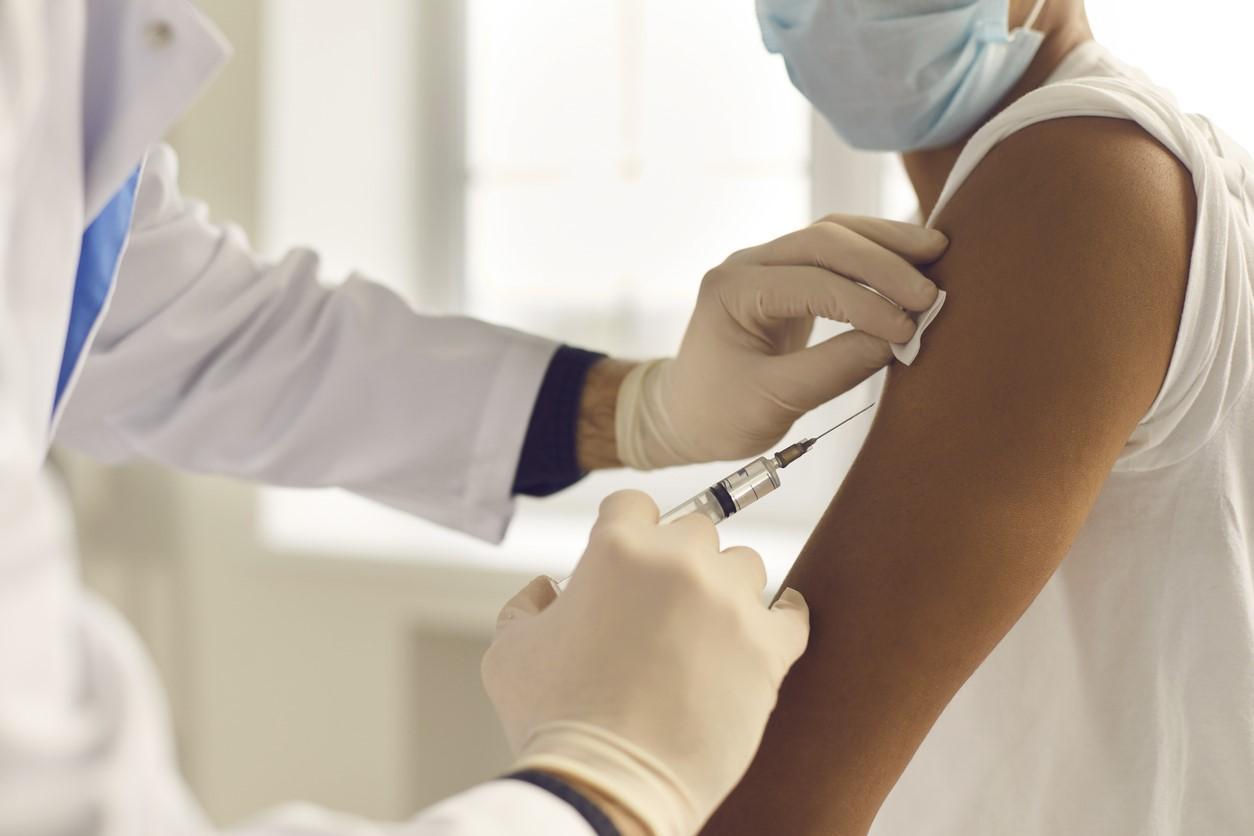Using the monoclonal antibody cocktail REGEN-COV reduced the risk for symptomatic COVID-19 infection 81% in those exposed to a COVID patient, according to a New England Journal of Medicine study yesterday.
The findings were used in the US Food and Drug Administration's recent decision to expand the drug's emergency-use authorization; now, it can be used as post-exposure prophylaxis in high-risk populations, not just a treatment during infection.
All COVID-19 cases reduced by 66%
The study included 1,505 people ages 12 and up who never had COVID-19 and who had a household member test positive within 96 hours (median age, 42.9 years). Half received via subcutaneous (under-the-skin) injection 1,200 milligrams of REGEN-COV, which is a combination of the monoclonal antibodies casirivimab and imdevimab, and half received a placebo by Jan 28, 2021.
By day 28, COVID-19 infection developed in 1.5% of the intervention arm versus 7.8% of the placebo arm (relative risk reduction [RRR], 81.4%). When including asymptomatic infections, RRR for REGEN-COV treatment was 66.4%.
Adverse events such as injection-site pain and headache occurred in 1 in 5 REGEN-COV recipients (20.2%) and 29.0% of placebo recipients, although 16.0% and 16.5% were non–COVID-related, respectively. None were of special interest, including the serious adverse events that occurred in 0.8% of the REGEN-COV group and 1.1% of the placebo group. Four deaths occurred, two in each group, but none were related to the study.
"This trial showed that, throughout the 28-day observation period, the achieved concentrations of a single subcutaneous dose of REGEN-COV prevented symptomatic infection; thus, REGEN-COV has potential use as long-term prophylaxis in persons at risk for SARS-CoV-2 infection," the researchers write, noting that many of the study participants had a high-risk COVID-19 factor such as old age (with or without other conditions such as cardiovascular disease), high body mass index, or diabetes.
Infections shorter, milder
For patients who became infected with COVID-19, those who were injected with REGEN-COV were more likely to have a milder disease course. For instance, illness was shorter (1.2 vs 3.2 weeks), high viral loads less likely (1.5% vs 11.3%), and duration of high viral load shorter (0.4 vs 1.3 weeks).
Also, none of the COVID-19 patients who received REGEN-COV needed hospitalization; whereas, 4 (0.05%) of those who received a placebo did.
The researchers note that, during the first week post-treatment, 1.2% of the intervention group versus 4.3% of the placebo group had symptomatic COVID-19 infection (RRR, 71.9%), while weeks 2 to 4 saw 0.3% and 3.6% of the total intervention and placebo groups, respectively, develop infection (RRR, 92.6%).
When stratified by age, the data suggested that REGEN-COV had 100% RRR for children younger than 18 years, 78.1% RRR for people age 50 and above, and 89.7% for those 65 and older. These subgroups, however, were relatively small (eg, 46 adolescents who received REGEN-COV vs 43 who did not).
"These data provide support for the potential use of REGEN-COV to prevent SARS-CoV-2 infection and symptomatic disease in persons in whom immediate protection is warranted," the researchers conclude. "The use of REGEN-COV in such persons could decrease further spread and transmissibility of SARS-CoV-2 infection."
They add, "Our trial also showed that subcutaneous administration of REGEN-COV was efficacious and had an acceptable safety profile; thus, it may provide substantial benefits because the health care resources necessary for an intravenous infusion may be avoided."






















